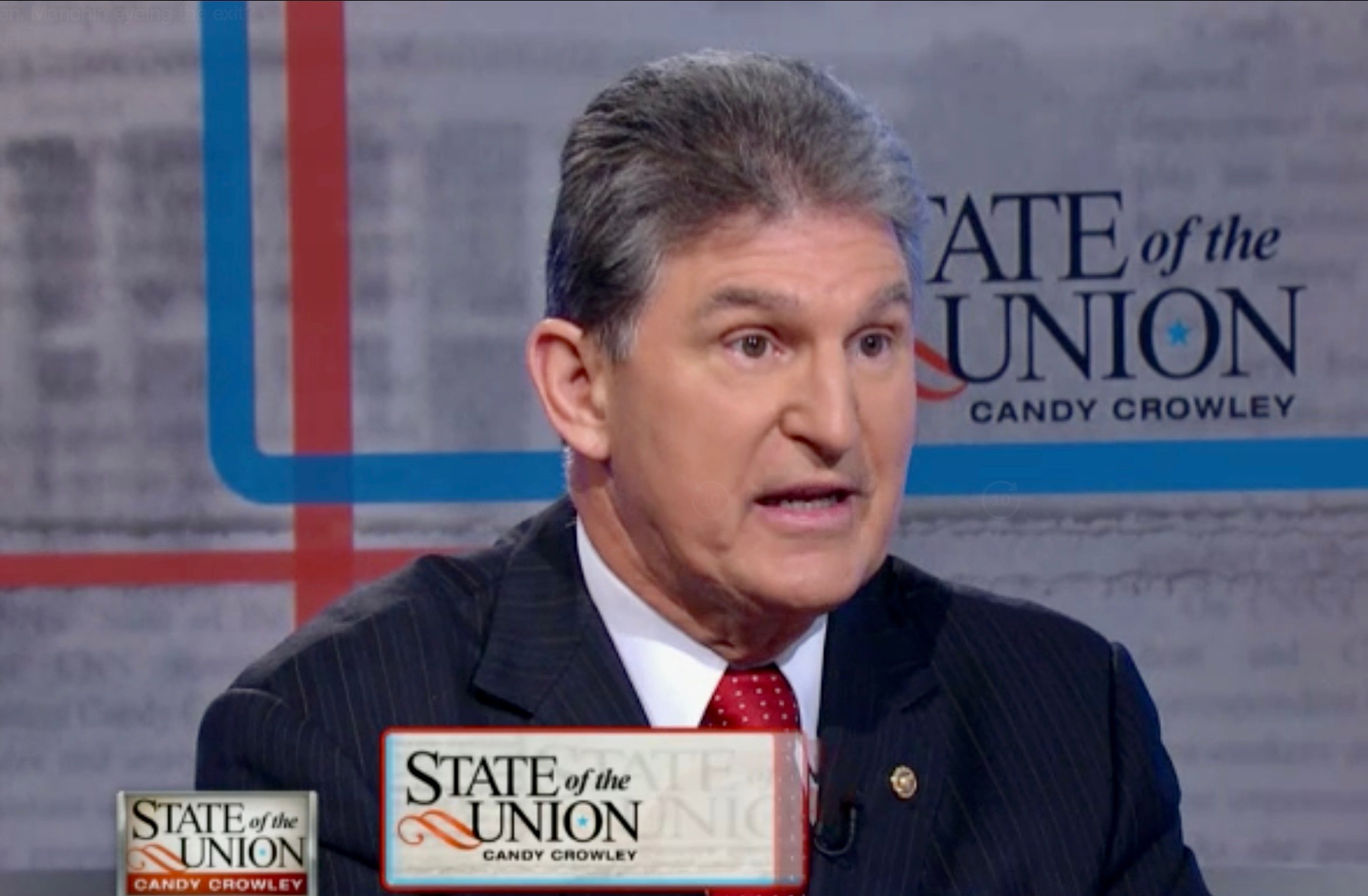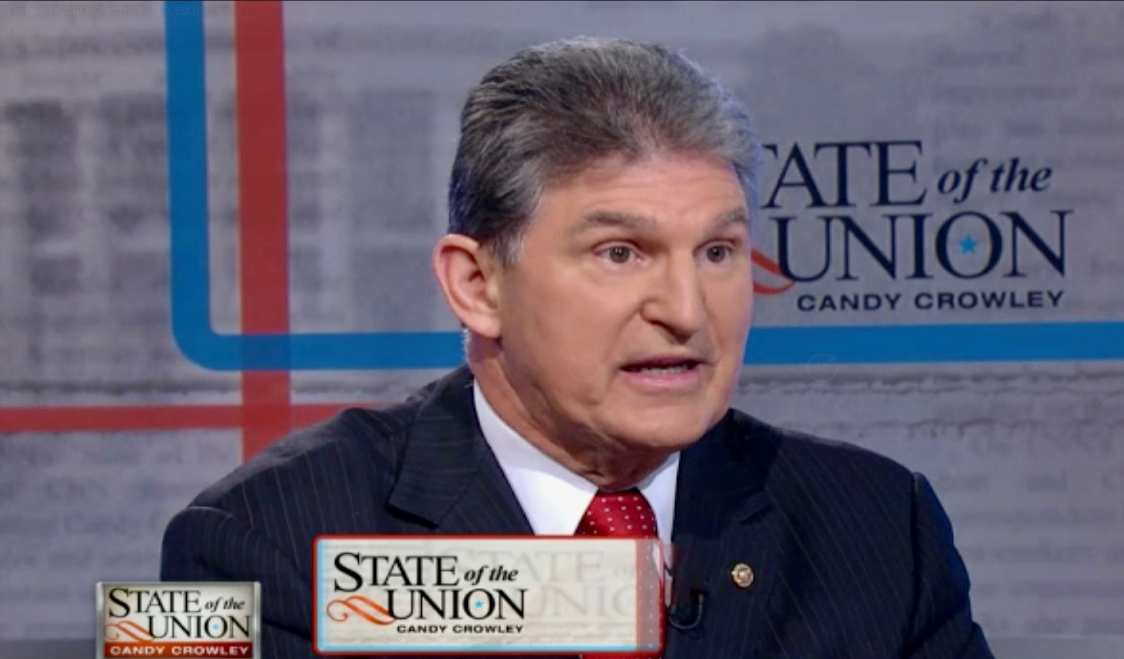Hypocrisy abounds in everyday life. People are fickle. We change our minds. We’re human beings.
And in Washington, strained rationalizations and snap reversals are as commonplace as nightly cable rants.
Still, seeing a U.S. Senator arguing against himself, in print, under his own signature, in the local paper of his state’s capital — it is truly a hard thing to watch.
West Virginia’s Joe Manchin is usually known as a reasoned and pragmatic senator who dwells in the middle of the political spectrum. But in his obstinate defense of the senate filibuster and his oppposition to the For The People Act (HR1) — he has revealed his real hand — and it is embarrassingly weak.
First, the historical references used by Manchin to bolster his arguments about the filibuster are specious and ignore context. He writes:
“Our founders were wise to see the temptation of absolute power and built in specific checks and balances to force compromise that serves to preserve our fragile democracy. The Senate, its processes and rules, have evolved over time to make absolute power difficult while still delivering solutions to the issues facing our country and I believe that’s the Senate’s best quality.”
While our founders did create checks and balances — the filibuster was not one of them. In fact, there are five specific scenarios outlined in the Constitution where more than a majority vote is required. Passing legislation and confirming judges were not among them. The Senate just made it up. Inadvertently, at first. And then the charade grew from there. Manchin’s slipping in how the rules have “evolved over time” is dismissive, if not disingenuous.
The checks and balances in our American system of government reside in our separated branches. This is basic civics. When majorities are elected in both chambers of Congress, and their policy objectives align with the chief executive, legislation is passed. When different majorities are elected, these laws may be repealed. There is also a Supreme Court that gets to weigh in.
There are plenty of veto points that were originally built into our system. If a senator or citizen wants the filibuster to be among them, they have the constitutionally-protected right to lead a movement and pass an amendment.
Manchin goes on to cite the time in 2017 when 33 Democratic Senators sent a letter to Senate Leadership that warned of the dangers of eliminating the filibuster. That part is true.
The context that Manchin completely omits is the fact that Senate Majority Leader Mitch McConnell (R-KY) nuked the filibuster on Supreme Court confirmations that same month and confirmed three new associate justices over the next three years. Times change. Politics usually adapts.
Manchin passionately writes about the imperative to “seek bipartisan compromise, no matter how difficult.” This is a noble pursuit. But sometimes, even in the advocacy of nonpartisan goals — like protecting the principle of “one person, one vote” — passage along party lines is necessary.
Speaking of protecting the integrity of the vote, this is what HR1 does, in a variety of ways. Manchin does not make any substantive or specific case for why he opposes the broadly popular reforms included in HR1. Rather, he has two complaints: 1) It is too long, and 2) It is only supported by one party.
The first whine is almost too silly to address. Manchin has voted for longer bills in the Senate and said in 2010 that he would have supported the Affordable Care Act — which clocked in at more than three times the size of HR1 (he eventually flip-flopped on that statement, which should give hope to currently infuriated HR1 advocates).
His other complaint about HR1 being too “partisan” is actually ironic. This is because outside of the voting rights protections in it — which he seems to support — the two other major reforms in the bill are designed to restore integrity and fairness to the system.
The campaign finance portion of HR1 would strengthen the oversight of super PACs, require disclosure of “dark money” contributions, and set up a small-dollar matching system to empower candidates who do not have access to wealthy donor networks.

Manchin has bemoaned for years the flood of money that pours into our elections. In 2015, I quoted him directly in Unlock Congress from a national TV interview he gave the year prior:
“I go to work everyday, and I’m expected to raise money against the other side. So as a Democrat I go to work, I’m expected to raise money for the DSCC and my Republican counterparts and my colleagues are expected to raise money for the RSCC. That money is used against any Democrats or Republicans up for elections, and then we’re even expected to go campaign against them. Now that doesn’t add for a good atmosphere, for us to come back and say, ‘ok, can you work with me now, can you cosponsor a bill.’ That’s what’s happening. The money has infiltrated and has driven us apart.”
Indeed.
The other big reform in HR1 calls for independent districting commissions to reduce the partisan gerrymandering that already makes over 85% of our congressional races foregone conclusions for one party or the other — before anyone even votes.
Where’s the beef? If Manchin truly wants to make Congress “work” in a more “bipartisan fashion,” fixing rigged congressional districts is the first no-brainer on the list.
Taken as a whole, Senator Manchin’s editorial reads much like a desperate closing argument from a defense lawyer who just doesn’t have any persuasive facts to marshal for the jury.
That said, it’s quite possible that Manchin’s presentation is ultimately part of a larger gambit to make him look exhaustively reasonable before he does what needs to be done at the last minute.
For the case of HR1 is not a criminal trial. Just electoral politics. The jury instructions are far more vague. And Joe Manchin has nearly four more years before West Virginians will deliver his next verdict.


